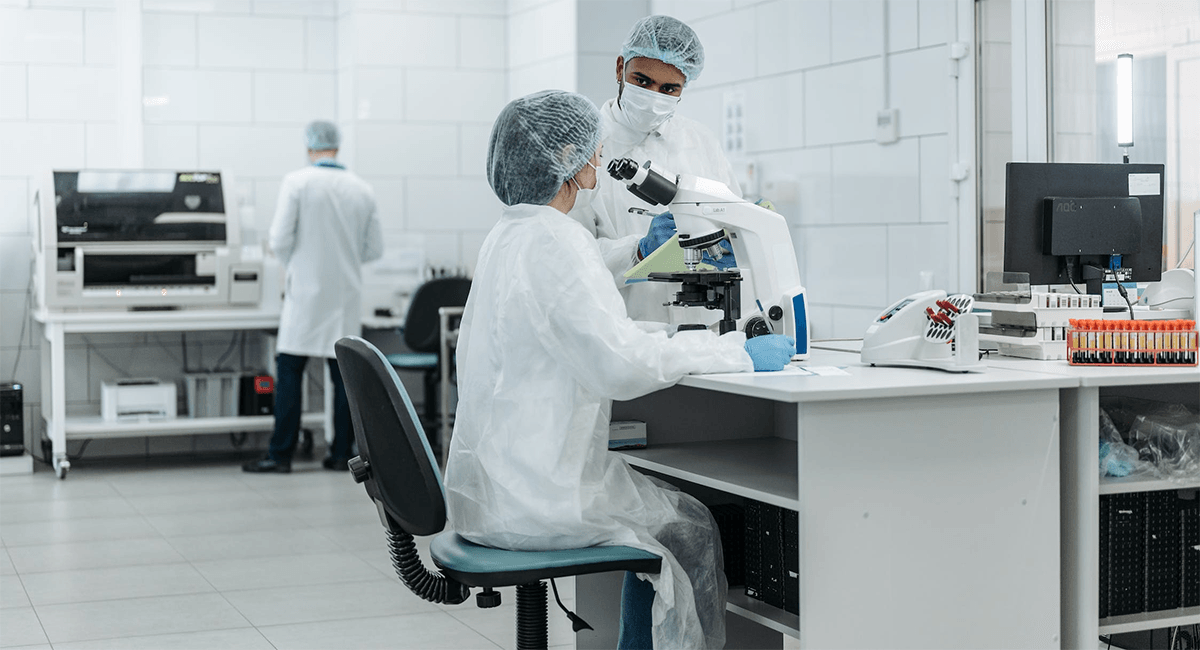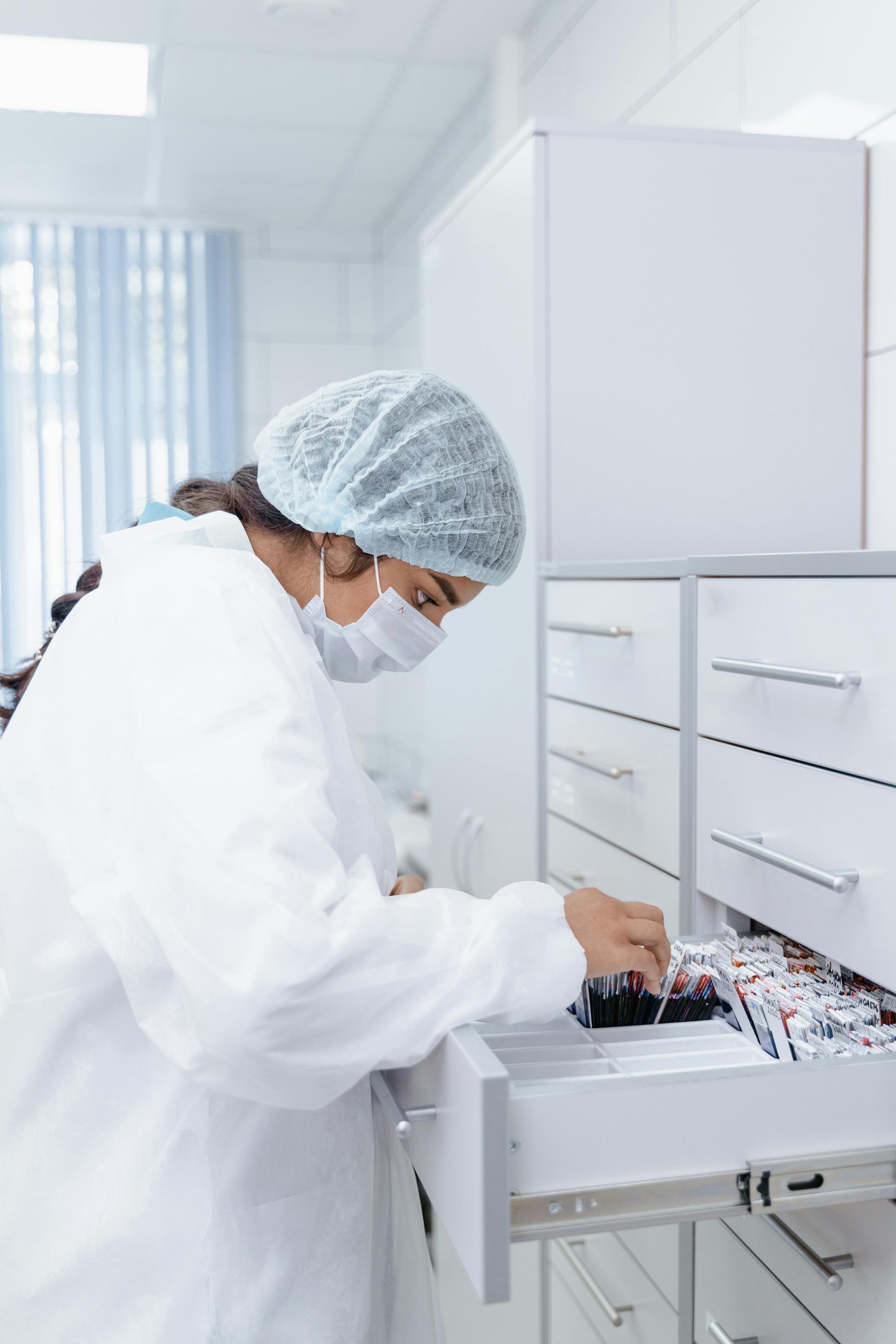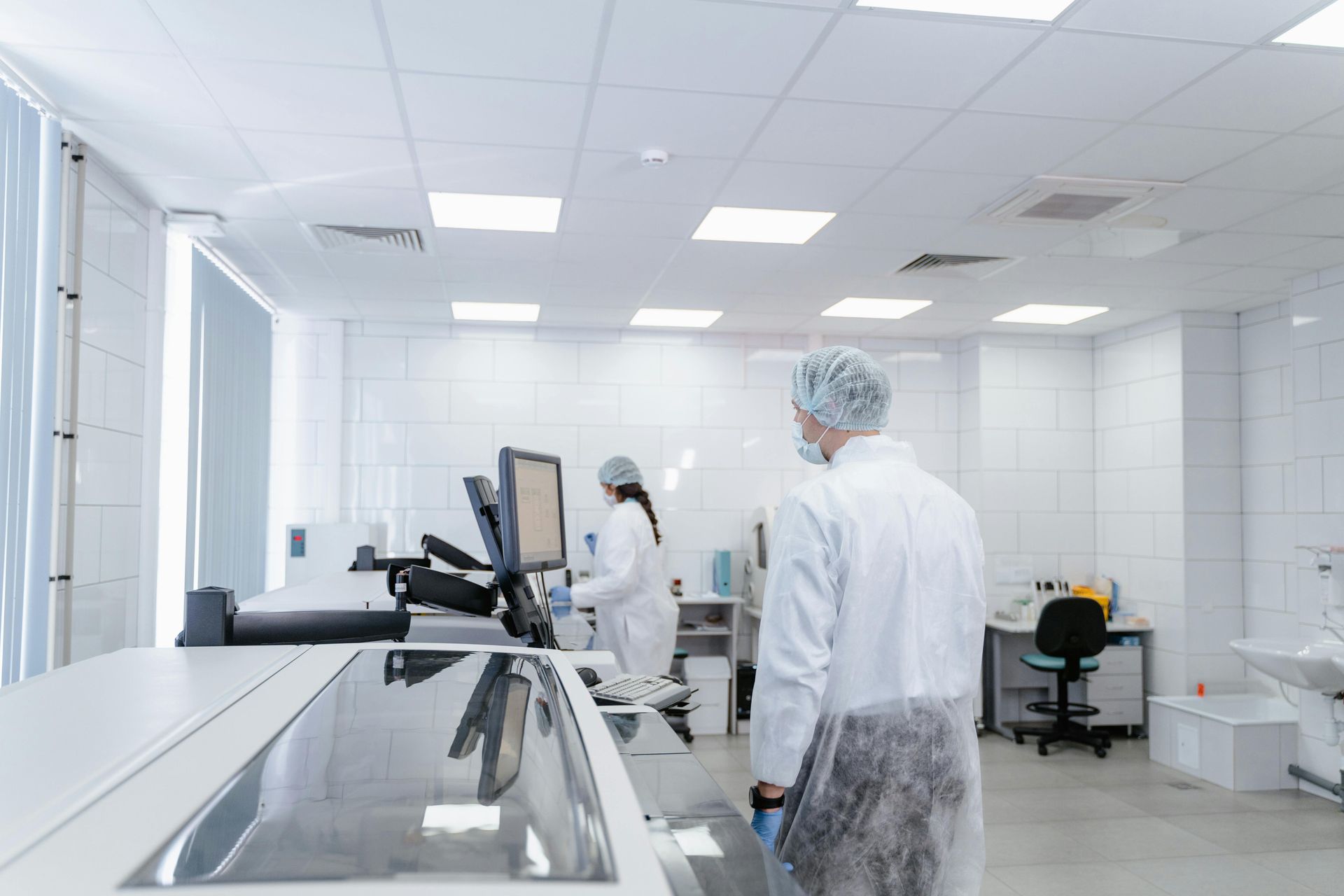What Does It Mean for a Manufacturing Facility To Be GMP-Compliant?
Creating drugs and medical products can be a daunting task. Any mistakes in manufacturing can result in contamination or deviations in the finished product, which lead to negative impacts on the health and well-being of the end users.

GMP stands for “good manufacturing practices.” A GMP-compliant facility knows how to control its risks and implement a substantial quality control standard in all aspects of production to prevent or minimize defective products. We will discuss what GMPs cover, why they matter in medical manufacturing, and how implementing a strong quality management system can guarantee safety and quality in your organization.
Starting Facts About Current Good Manufacturing Practices
- cGMP goes beyond batch testing. Instead of batch testing the facility’s product output, cGMP aims to address flaws at the source by inspecting the manufacturing process beforehand.
- The FDA proactively scans for cGMP violations through inspections. Safe manufacturing conditions are not only an ethical obligation but also a legal one.
- cGMP legislation is common all around the world. The Food and Drug Administration (FDA) oversees good manufacturing processes in the United States to protect consumers from contaminated or otherwise dangerous products. Other analogous international agencies include the UK’s Medicines and Healthcare Products Regulatory Agency (MHRA).
What Is cGMP?
First off, GMP comprises all the policies and systems medical production facilities undergo to ensure that their final products are consistent and up to quality standards. It goes beyond just testing the finished product and dives into the processes happening inside the facility.
Whether you produce pharmaceuticals or medical devices, GMP will cover every aspect of the job, including starting raw materials, cleanliness of the facility and equipment, and the expertise of your staff. In addition, it will document every step of the manufacturing procedure to prove that each one follows proper minimum standards.
cGMP adds the term “current” into the acronym, implying that manufacturers must use up-to-date technologies and best practices to comply with government GMP requirements. In other words, GMP is a continuous process rather than a “one and done” effort.
cGMP is necessary because GMP standards are constantly changing. Regulations improve over time; new findings shed light on how facilities should run; and better best practices arise. So go the extra mile and make sure you’re adhering to current standards of GMP manufacturing.
What Does It Mean For a Manufacturing Facility To Be GMP-Compliant?
A business that looks after good manufacturing practices goes beyond only testing the final product and dives deeper into the production steps at the factory level. Such a facility looks at GMP regulatory compliance in terms of:
- Staff who must be knowledgeable about GMP and know how to identify and address risks. Employees are often a weak point without relevant up-to-date training, a willingness to share questions and concerns, and clearly-defined roles.
- Equipment which requires sanitation and calibration prior to the workday. Workplace equipment is a significant source of cross-contamination in the medical field.
- Raw materials deserve their own quality assurance as well. Make sure yourGMP certified facility can obtain quality raw materials, inspect, handle, and store those starting materials properly before they enter the production line.
- Processes need to be well-defined and well-documented so that during an audit process a GMP auditor can follow them easily. Remember that policies may change over time as you improve.
One way to display GMP compliance is with an audit certificate from a respected auditing service. A compliant organization with the appropriate good manufacturing practices (GMP) certificate shows that it provides:
- Quality control and stands behind its products.
- Process validation with complete control over what happens on the factory floor.
- Incident response systems to identify potential problems and analyze them to prevent future incidents.
Who Needs To Be GMP-Compliant?
Compliance with FDA regulations, especially regarding GMP, is mandatory for basically all pharmaceutical manufacturers and medical device production facilities, as it guarantees:
- Consumer safety. Because consumers can’t judge the safety or effectiveness of a drug or medical product on their own, GMP-certified facilities are the guarantee on which they must rely. Not only are they safe from contaminated pharmaceuticals, but they can also trust that labels and dosage instructions are correct, for instance.
- Industry reputation. A facility with a GMP audit certificate has a better reputation than one without. It means that the company cares about quality and meets FDA requirements.
- Robust testing. Quality control of medicines and devices cannot rely exclusively on testing samples of the final product. Businesses can only verify small batches this way and need to turn to more robust process validation methods that GMP provides.
Even if you outsource medical manufacturing, finding a GMP-compliant and FDA-approved contractor is always a good idea.
While a lack of attention to GMP doesn’t necessarily mean a harmful final product, there are still heavy legal consequences depending on the severity of the violation. For example, raw materials or poorly cleaned equipment could cause cross-contamination of the manufacturing line.
The result is costly product recalls and injunctions from the FDA, not to mention subsequent potential lawsuits and damage to your brand’s reputation. Therefore, pursuing GMP compliance is always in the company’s best interest.
Jumpstart cGMP with CfPIE Compliance Programs
Good manufacturing practices are government-backed standards for controlling pharmaceutical manufacturing quality at the process level.
GMP certification improves your product output and makes you more trustworthy, bringing significant benefits that outweigh the cost of compliance.
Looking to become a GMP compliant facility? Get your GMP audit certificate with our GMP Facility Compliance Program, a program designed specifically for pharmaceutical and medical device manufacturing facilities.
Blog Categories
Stay Informed


